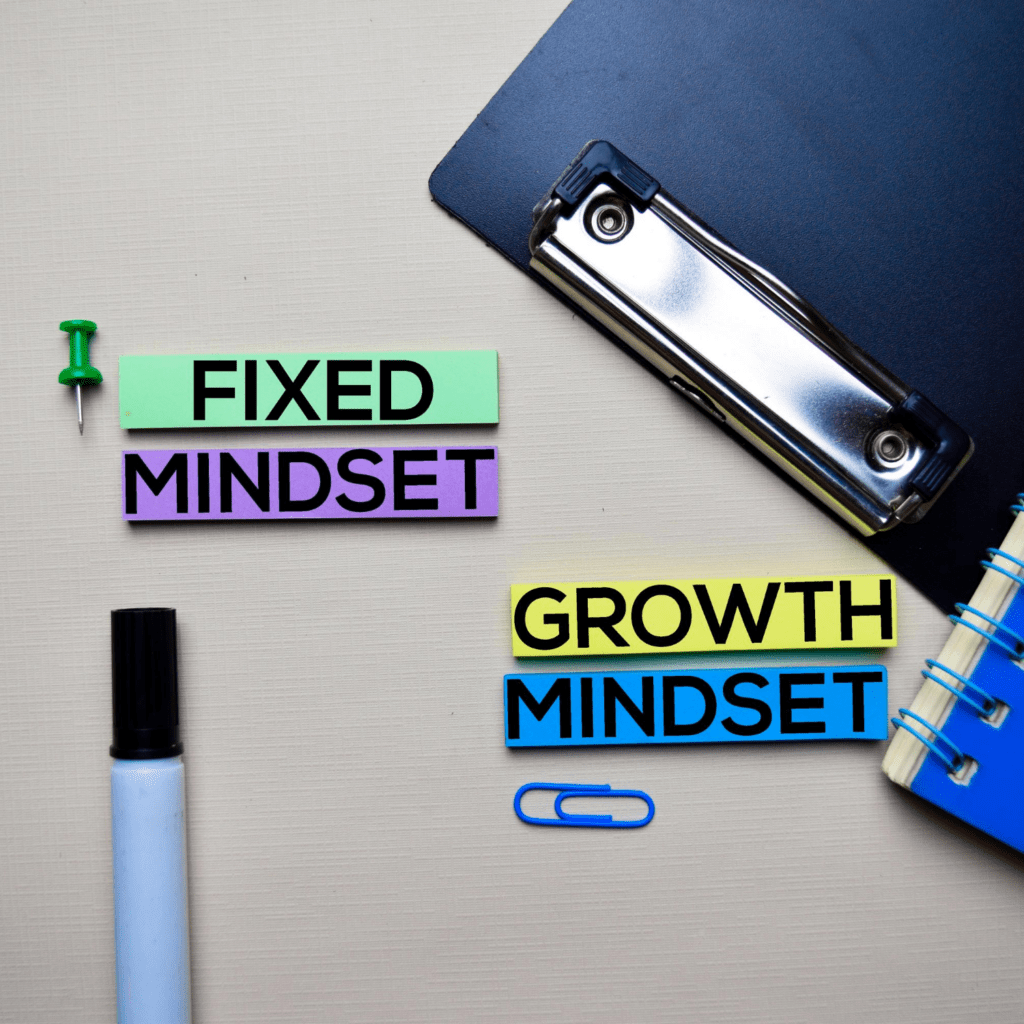The beginning of 2020 has taught us a remarkable lesson about how abruptly life can change. How can we support our teams in times of uncertainty? At EnterTraining we have worked with different teams both before and during the Covid-19 crisis and realised several principles that apply.
1. Bring the team together
When there are rapid and significant changes, it is good to feel that we are in this together, that we are shoulder to shoulder with our colleagues. Take the time to foster this feeling in order to support your team. Do things together. Create space and time to meet, talk and share experiences: meaningful online events also help. It is important to have consistency in these activities. The certainty that something is permanent creates a nice balance and helps people enjoy the changes. You can find ideas for online, hybrid and physical team activities here.
2. Plan for the future
In a whirlwind of change planning for the future might seem almost impossible. If we do not know what is going on around us, how can we plan our actions? First, it is worth remembering the reason our team exists. What is our “why” emphasized by Simon Sinek as the driving force of success. A common “why” helps to identify and stay the course even when circumstances change. At EnterTraining, we went through this exercise at the early days of the company. The desire to create greater engagement in teams carried us forward during the Covid-19 crisis. Grand plans for growth were paused to focus on new solutions and approaches that met teams in the situations they found themselves in. Our “why” was clear and in the new circumstances we found new ways to support our clients and partners. Read more about our why, what and how here.

Secondly, scenario planning is a helpful tool for future-support your team. We may not know exactly what the future holds, but we usually see some trends. Creating plans for these possible scenarios gives us the confidence that we are ready for the future. This is also confirmed by Risto Siilasmaa, Chairman of the board of Nokia, who considers scenario planning to be a very natural way to prepare for the future.
Thirdly, it is good to remind ourselves that the future is everything that is not in the past or happening right now. 5 minutes from now is also the future! Even making plans for today or tomorrow gives us a greater sense of control. A good plan is not necessarily a five-year plan. Short term plans are usually far more actionable which brings a great sense of accomplishment and success. An added benefit is greater efficiency. After all, planning is at the heart of every productivity guidebook!
3. Create frames

I have a conflicting relationship with frames. The “doing things because they have always been done” approach does not work for me. But clear “doing these things to achieve those results” frameworks have become commonplace in both my professional and personal life.
Living a very flexible life, I found inspiration for frames in a strange place. A study of children’s playgrounds conducted by landscape architects revealed how differently children behave in different playgrounds. Where the play area is fenced off, kids feel at ease, they use all of the play area and even test the boundaries provided. On playgrounds without a fence, however, kids display a different, more reserved if not fearful behavior, as it is unclear where the boundaries are and how far it is still safe to venture. It turns out that we still benefit from clarity and structure even as adults. The main benefit occurs for our brains that do their best work when there is some framework in place.
When circumstances are changing, keeping a routine in place, with simple things like when do I start the day, when do I do my focus work, and when do I take breaks, can help support your team. Even simple timeframes can add a sense of stability which leaves our brains with enough courage to play and experiment with the changes happening around us.
4. Be open
Ask and listen. It is a good idea to start by listening to understand both concerns as well as possible solutions. You may hear unique stories, but patterns will also emerge that you can then address. Assuming and guessing will never bring the same level of understanding as asking, staying curious, and truly listening. If circumstances change quickly, it is wise to keep regular check-ins with your team as well as 1-on-1. This way, the team can analyze the situation themselves and find the most important focus points.

Tell your story. If you are having a hard time, share that with your team – it can support others who are also struggling. Be honest, but do not get stuck in the negative. Focus on how you can move forward. Although we are social animals and we value relating to others, it is important to keep ourselves and the team moving. Once the difficulties have been discussed and lessons identified, it is worth setting goals again to work towards.
Share the information you have. If you do not have information to share, tell your team when new information is coming. This helps to create a sense of security that the darkness does not last indefinitely. Psychological research has shown that we tend to predict the future based on current emotions. Thus, in a difficult situation, feeling frustrated makes it easy to project that feeling into the future: if the present feels bad, the future will probably feel bad. Knowing that a change is coming that can affect how we feel is encouraging and will help us create a more positive plan.
The classic rule of communication applies: if you feel that you have repeated the same thing endlessly, there is hope that the information is starting to reach the whole team! This was confirmed at the recent HR club event we helped organise by the manager of IBIS Hotel Madis Laid. The importance of transparent communication is also emphasized by the Prime Minister of New Zealand, Jacinda Ardern, who is praised for her determined behavior during the Covid-19 crisis.
5. Develop growth mindset

We often value stability, but development requires change. Although it is easier to think of positive development as a driver of change, it is also worth practising the opposite approach: each change creates an opportunity for development.
Carol S. Dweck writes about growth mindset as a base for great results and a happy life in her book “Mindset: Changing the way you think to fulfill your potential.” Mostly we all balance between two ways of thinking: according to one, all our skills and attributes are fixed, and our abilities are predetermined. The second way of thinking, however, leads us to test and experiment to discover new depths in our achievements. The belief that we can and will move forward even when it is difficult supports this. We are able to change and develop, and development is especially great when we can meet new challenges. How are you making the most of these challenging times?
I hope you found tips on how to support your team and move to a new level of development. Should you want additional information and recommendations based on the needs of your team, feel free to contact us!
